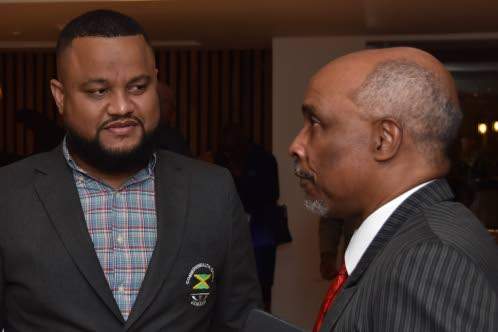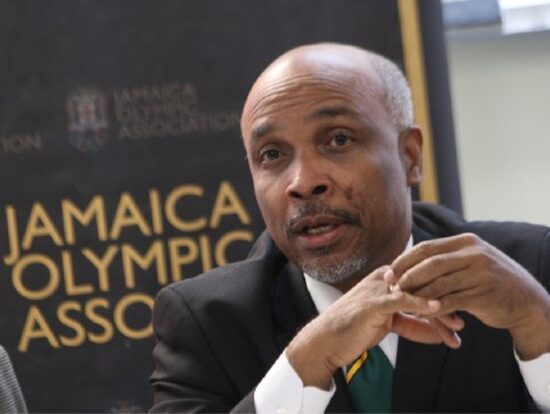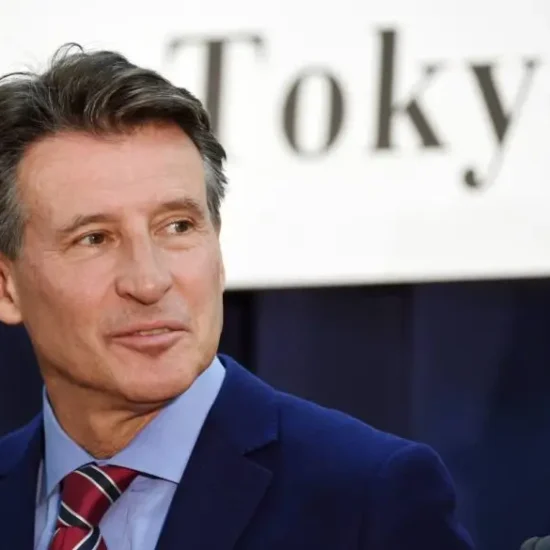The Jamaica Olympic Association (JOA) continues to distinguish itself in the governance and business of sport as it fulfils one of its primary objectives of being an innovator and chagemaker in sport development.
A recipient of many kudos, the national association was recently commended for its financial governance by the International Olympic Committee’s (IOC) Olympic Solidarity, which, on an evaluation of the JOA’s management of Olympic solidarity funding, found “no matters raised” which in any audit exercise is a significant validation.
The association was exhorted by its governing body “to continue on this trend”.
This evaluation came on the heels of a routine local audit of the financial governance and administrative systems of the JOA, which was carried out under the aegis of the IOC itself, for which the governing body was commended. Internal controls, financial risk management, budgetary discipline, investment policy making, constitutional safeguards of the association’s financial framework, legal preparation of documents, segregation of duties, transactional transparency and governance of commissions were all microscoped in determining the health of the national body, the vital signs of which continue to be exceptionally normal.
Commenting on the association’s continued positive performance, JOA President Christopher Samuda said: “We deem our responsibility as custodians of human and financial capital, the aspirations of our members and the sporting assets of Jamaica as sacrosanct, and for us good governance is a DNA culture and non-negotiable.”
Since the advent of the current administration, a corporate and business infrastructure has been established whiich has resulted in an unmistakable culture of unqualified audits for successive financial years since 2017, significant growth in revenue, cost-efficient information technology systems, increased retained earnings, strengthening of the balance sheet and quite noticeably greater spend and “dividend returns” investments in the development of its members, particularly those who the minority deem as the “smaller and non-traditional sports,” which public opinion, in a recent Don Anderson poll endorsed as way to go in sport development.
The treasury of the JOA continues to expand and Secretary General/CEO Ryan Foster likens it to “strong monetary and fiscal discipline, innovative and strategic policy-making, commercial prudence and simply an instinct for the business of sport which we humanise in being sensitive to our members’ development needs”.
That statement captures the very essence of the governing body which, in becoming a regional leader, has validated the opinions of sport forecasters. “Leadership goes beyond front-line duties and resides in self-mastery and mastering and inspiring the human capital and complementing both with a deep understanding that it takes cash to care but, more importantly, it takes a frugal mind in spending so that you don’t become cashless” Samuda said.
The global sport industry is arguably awash with cash and as commercialisation of brands, events and the fan base continues to expand exponentially resource management is becoming increasingly imperative.
“Resources must be managed in ensuring that the well does not run dry and drought becomes the climate, and for that reason the JOA will not only weather any storm that may come but will create for our members sunny and rewarding days,” Foster assured.
The unaudited results of the past financial year (2021) from all indicatons are very encouraging showing, inter alia, a 21% growth in the general fund and a 15% growth in surplus over prior year (2020) and this despite a $94-million increase in members’ and games expenses and the cost of courses over 2020 which, Foster said, reflects “an onward and upward journey and a safe flight to the destination” as he gave something of an insight as to what is on the horizon.
The national body has transformed sport administration into sport governance and the business of sport into the monetisation and commercialisation of sport, “a mandate that continues to define our being and to order our steps”, Samuda said.







 and then
and then